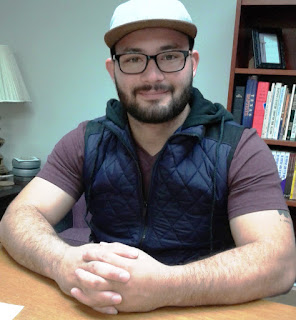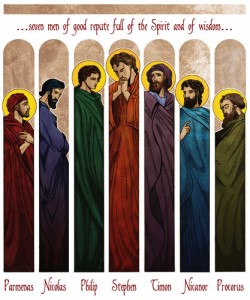There are some who say that society is
waging on Christmas. The evidence presented ranges from
micro-aggressions such as “Happy Holidays” to the more offensive
substitution of X for Christ in Xmas.
Christmas is a time when Christians
celebrate the coming of Christ (Advent) and His birth. We don't
exactly know when He was born but the early church decided that this
season would be a good time to celebrate. Pagans in Europe had
celebrations that revolved around the days becoming shorter and
colder but the church wanted Christians to focus on God during their
merriment. Ancient traditions (e.g. decorating trees, feasts, etc.)
were deemed acceptable and new things were added (manger scenes,
Advent candles, etc.)
The danger does not lie with the
“barbarians at the gate;” those secular folks wishing us a “Happy
Holiday.” The real war on Christmas is being waged in the hearts of
Christians who lean more towards the commercial than the spiritual
side of the season.
As far back as 1965, “A Charlie Brown
Christmas” lamented the commercialization of the holiday. Lucy Van
Pelt believed it was run by a “big eastern syndicate.” Linus read
from the second chapter of Luke to remind us all of the reason for
the season. For more than 50 years the Peanuts gang has given this
tender reminder.
Today, as in ancient times, we
celebrate the coming of Christ with a mixture the secular and the
sacred. Since Christmas falls on a Sunday this year, Christian's have
the opportunity to keep Christ in Christmas with more that a bumper
sticker. Bring your family to worship this Sunday at one of the many
churches across the land that didn't take a holiday and will be open
to celebrate Jesus' birthday.
Merry Christmas!












